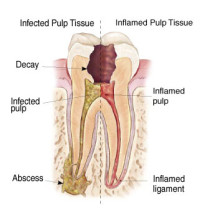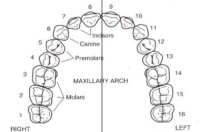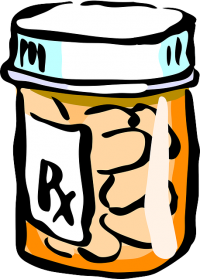Under the Affordable Care Act, starting in 2014, any insurance plan that is certified by the Health Insurance Marketplace and provides essential health benefits, follows established limits on cost-sharing (like deductibles, co-payments, and out-of-pocket maximum amounts), and meets other requirements is considered a Qualified Health Plan.
Essential Health Benefits:
- Outpatient care
- Trips to the Emergency Room
- Inpatient hospital treatment
- Care before and after your baby is born
- Mental health and substance use disorder services such as behavioral health treatment, counseling, and psychotherapy
- Prescription drugs
- Services and devices to help you recover from injury, disability, or chronic condition including physical and occupational therapy, speech-language pathology, psychiatric rehabilitation and more
- Lab tests
- Preventative services including counseling, screenings, and vaccines to keep you healthy and manage a chronic disease
- Pediatric services such as dental and vision care
Under the Affordable Care Act, you can only apply for health insurance coverage during Open Enrollment, which is between November 15, 2014 and February 15, 2015. However, if you had what is known as a “Qualifying Life Event” you are still eligible to enroll and even get financial help. A Qualifying Life Event is simply a major life change – for example, you were recently married/divorced, had or adopted a child, lost a dependent/death in the family, graduated college, changed jobs, moved to a new state, etc. – then you can get coverage outside of the Open Enrollment period. Remember this does not apply to Oregon Health Plan(OHP), you may apply for OHP at any time.
Individuals and families could qualify to receive help paying for a qualified health plan. Factors such as income and household size determine if a person or family are eligible for tax credits to help pay for monthly premiums. (An individual earning up to $45,900 a year or a family of four earning up to $94,200 a year could qualify for a tax credit.) Some people will also be eligible for cost-sharing reductions to help pay for copays, deductibles and other out-of-pocket costs.
If you have questions about how to apply for a qualified health plan and assistance with the costs, your care coordinator can help.
If you are uninsured and have not had a Qualifying Life Event and are unable to enroll for insurance, talk with your Care Coordinator about other options available to you until Open Enrollment begins.








